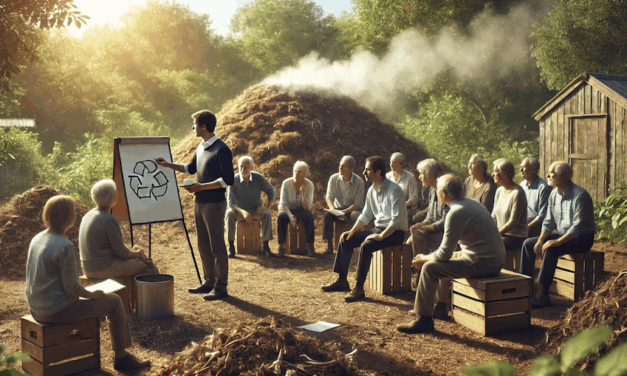The Deepest Constraint: What Theory of Constraints Reveals When Followed to Its Roots
I’ve worked with Theory of Constraints for decades.
I used to believe the constraint was inside the system.
Now I believe the constraint is our belief that we stand outside it.
I wrote this essay as a gift and a challenge to the TOC community. What if the systems we prize exist in our minds, not in the living, relational world? What if the map has become the deepest constraint?
Read More





